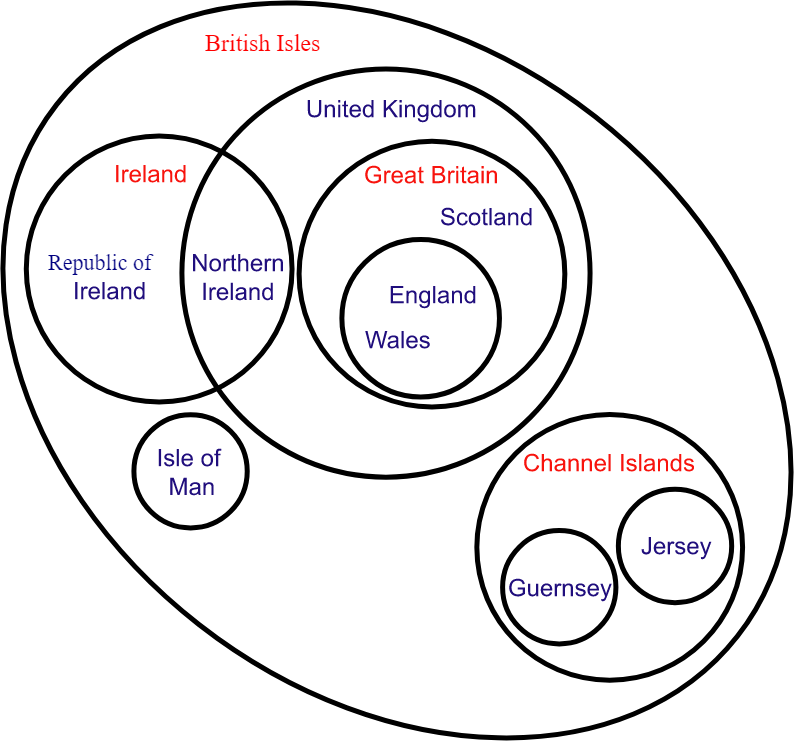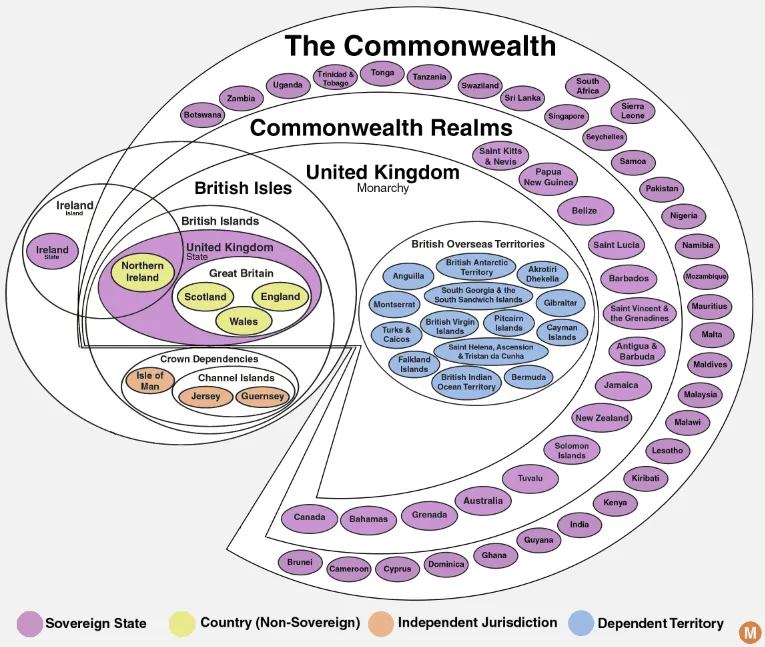tl;dr– Probably easiest to just ask someone if an adjective describing a nationality fits them. Historically, nouns were constructed as [adjective]+"man", with some being truncated to just [adjective] if the compounding sounded redundant, though since the non-truncated variants may carry some cultural baggage, it may be advisable to avoid them in favor of just using the adjectives.
Ask if they're described by an adjective or are a noun.
You can:
Ask if an adjective describing their nationality fits them.
Ask if they are a noun describing someone of that nationality.
For example:
-
Are you English?
-
Are you an Englishman?
Note that the +"man" suffix is sex/gender-neutral. For example, "Englishman" doesn't generally imply masculinity.
In some cases, compounding [adjective]+"man" can sound redundant, e.g. "German-man" or "American-man". In these cases, the +"man" suffix seems to be dropped, such that it's just "German" and "American".
However, the non-truncated nouns aren't as common now; they seem to have acquired some weird cultural baggage. For example:
"Englishman" can sound a bit formal in some contexts.
"Frenchman" may mostly just sound a bit archaic.
"Chinaman" is more likely to be interpreted as offensive.
"Scotsman" has held up relatively well. It's not commonly seen as offensive nor quite so dated.
The truncated-nouns probably dodged acquiring this baggage by being homonyms of the adjectives, so while "American" and "German" are pretty neutral, it's probably advisable to avoid most of the terms that explicitly end with "man".
Note: The [adjective]+"man" construction still works elsewhere.
The above discussed [adjective]+"man" with respect to nationalities.
The same construction is used in other places. Examples:
A businessman is someone who does business.
A fireman is someone who puts out fires.
A Congressman is someone in Congress.
- Note that "Congressman" is typically capitalized, despite being a generic noun, as it's simply constructed from
"Congress"+"man", where "Congress" is typically capitalized.
These terms are still in widespread usage.
The major caveat is that there's a lot of interest in gender shifting some perceptions of "man" being exclusively masculine. So in some cases, folks'll use [adjective]+"woman" for females or [adjective]+"person" for gender-neutrality.


